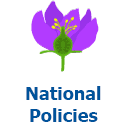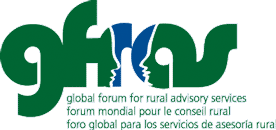This landscape study provides an overview of issues that may influence how INGENAES’ project objectives are implemented in Rwanda. All of rural Rwanda and 27 out of 30 districts in the country, are included in Feed the Future’s Zone of Influence, excluding only three districts in Kigali City (Feed the Future, 2011). This report starts by providing general information on the historical and development contexts, geography, and demographics of the country. It next delves into the gender dynamics impacting Rwandans and the current health and nutrition status for the nation. A summary of issues that are currently impacting Rwandan’s land rights, including recent laws that impact greatly on agricultural capacity, leads into an overview of the agricultural sector and how women in particular are faring. This is followed by information pertaining to recent reforms to how extension information and services are delivered as well as a number of gaps that still remain. The narrative concludes with a description of Feed the Future’s Multi-Year Strategy and a summary of USAID’s Country Development Cooperation Strategy.
 Every country has developed, formulated, and decreed national policies related to rural advisory services. Find some examples here. If you are looking for a national policy from a specific country, please use the search function, selecting the category “National policies” and the tag for the country.
Every country has developed, formulated, and decreed national policies related to rural advisory services. Find some examples here. If you are looking for a national policy from a specific country, please use the search function, selecting the category “National policies” and the tag for the country.
Download here5905 times downloaded
Published in
Reviews and Assessments
Tagged under
Latest from Ingrid Oliveira
- Sustainable Undernutrition Reduction in Ethiopia: Training manual for Health and Agriculture Development Armies
- What Every Extension Worker Should Know - Core Competency Handbook
- Sustainable Nutrition Manual Part 3: Healthy Designs
- Sustainable Nutrition Manual Part 2: Healthy Environments
- Sustainable Nutrition Manual Part 1: Healthy Humans


